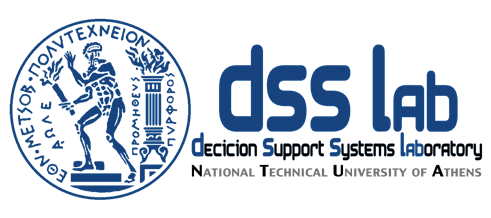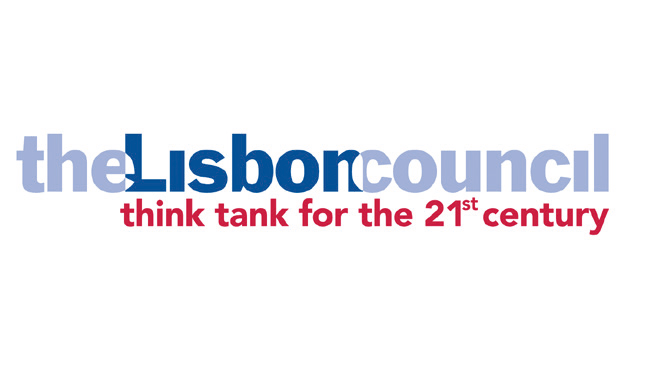National
Lean Approach
Core idea of the lean approach is to maximise customer value and to focus on its key processes in order to continuously increase it through an optimum value creation process that has zero waste.
Lean thinking changes the focus of management from optimising separate technologies, assets, and vertical departments to optimise the flow of products and services through entire value streams that flow horizontally across technologies, assets, and departments. [1]
Evidence-based Policy
Evidence-based policy refers to policy decisions that are informed by objective evidence. Without evidence, policy-makers need to fall back on intuition, ideology, or conventional wisdom.
Originally, the concept has evolved in the medicine, encompassing the toolbox of quantitative experimental methods such as randomized controlled trials or quasi-experimental trials to support medical decisions.
Data Philanthropy
Data philanthropy is a kind of strategic partnership between private and public sector in which private companies donate data as a valuable resource for public benefit, i.e. for humanitarian, corporate, human rights, and academic use. [1]
However, there are numerous challenges to be mastered, such as competing tensions on data control and ownership, personal data protection and the lack of adequate frameworks for coordination and governance. [2]
Glocalization
Glocalization is an artificial word combining Globalization and Localization. It is a practice of conducting business according to both local and global considerations. The process allows integration of local markets into world markets in a business context. [1]
The concept can be transferred into a public sector context in the way that local levels of government need to be considered in higher-level policies.
Data Literacy/ Data Literacy Education
Data literacy is about the ability to handle data. It includes competences to collect, manage, evaluate and apply data in a critical manner. The public sector struggles with the growing skills gap, since data has become a central issue in our working environment, and the ability to understand and master the huge amounts of data available to the organisation is a key challenge. Key to this is establishing a culture of data literacy, meaning employees at all levels can access and have the ability to read, work, analyse and argue with data.
E-Governance
Governance is a term that has a quite broad context and means in its core to shape or design areas of life. E-Governance (Electronic Governance) is devoted to the challenges of shaping life areas in face of digital revolution and information era and affects all sectors encompassing the public, private and civil sector. It also affects communication and exchange between the sectors.
Data Governance
The Data Governance Institute defines Data Governance as a system of decision rights and accountabilities for information-related processes, executed according to agreed-upon models, which describe who can take what actions with what information, and when, under what circumstances, using what methods. It encompasses strategies and technologies used to make sure organisations data stays in compliance with regulatory and legal requirements.[1]
Security by Design
Security by design is an approach in software engineering that promotes to design software from the ground up to be secure.
Core pillars of information security are confidentiality (only allow access to data for which the user is permitted), integrity (ensure data is not tampered or altered by unauthorized users) and availability (ensure systems and data are available to authorized users when they need it). [1]
Privacy by Design
Privacy by design is an approach that promotes privacy and data protection compliance throughout the whole system engineering process. The Information & Privacy Commissioner of Ontario has taken a leading role in developing the privacy by design concept, establishing a reference framework of “Seven foundational principles of privacy by design” with respect to a proactive, transparent and user-centric engineering process. [1][2]
The 7 principles are:
• Proactive not Reactive; Preventative not Remedial
• Privacy as the Default setting
Performance Measurement
Key Performance Indicators (KPIs) are an integral component of public administrations performance measurement systems. In general, KPIs are assessment criteria that refer to the assessment dimensions Input, Process, Output, Impact and Outcome. [1]




